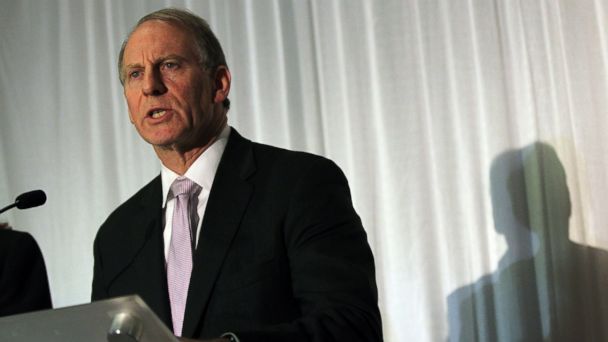CFR President: We Could Well Be Looking at 'Prolonged Russian Control of Crimea'

Peter Muhly/AFP/Getty Images
This week we asked the Council on Foreign Relations President Richard Haass to answer three questions on the situation in Ukraine. You can follow Haass on Twitter @RichardHaass
1) Over the last week, Russian troops invaded and took control of Crimea, which is part of Ukraine. Put this into perspective: How big of a deal is this? Why should Americans pay attention?
Haass: Any use of military force designed to create facts on the ground and dismember a country is a "big deal" as it brings into question one of the fundamental tenets of contemporary international order. What makes the Ukraine situation particularly significant is that it is taking place in the center of Europe and involves Russia, still a major if not "super" power. The chance and danger of escalation is thus an additional major concern.
Is there any way to tell why Putin decided to take the action he did? Is the Obama administration at fault?
Haass: I would argue that the critics of President Obama here are overlooking the role of politics, history, and geography in explaining Russian actions. They are also paying insufficient attention to the decisions of the EU and Ukrainians themselves. My sense is that President Putin decided to ensure that Crimea remained in Russia's orbit to offset what he viewed as the political "loss" of Ukraine in the wake of the ouster of President Yanukovych.
3) Where do things likely go from here? How do you see this playing out?
Haass: I would hope that there is a diplomatic settlement in which Ukraine remains intact and independent. This would almost certainly require Russia's participation in Ukraine's economic and political future, a degree of autonomy and special protection for Ukraine's Russian minority, and continued Russian access to the port of Sevastopol. It is possible that assurances along these lines coupled with the cost of economic sanctions could bring Russia to accept such an arrangement. Unfortunately, a diplomatic accord seems increasingly unlikely, and we could well be looking at prolonged Russian control of Crimea. Any Russian move to increase its authority over additional parts of eastern Ukraine would obviously increase the range and intensity of the US and European responses and create an even more serious crisis.
For the latest on the crisis in Ukraine, tune in to "This Week" Sunday.
Like "This Week" on Facebook. You can also follow the show on Twitter.
Check out what time "This Week" airs in your area.